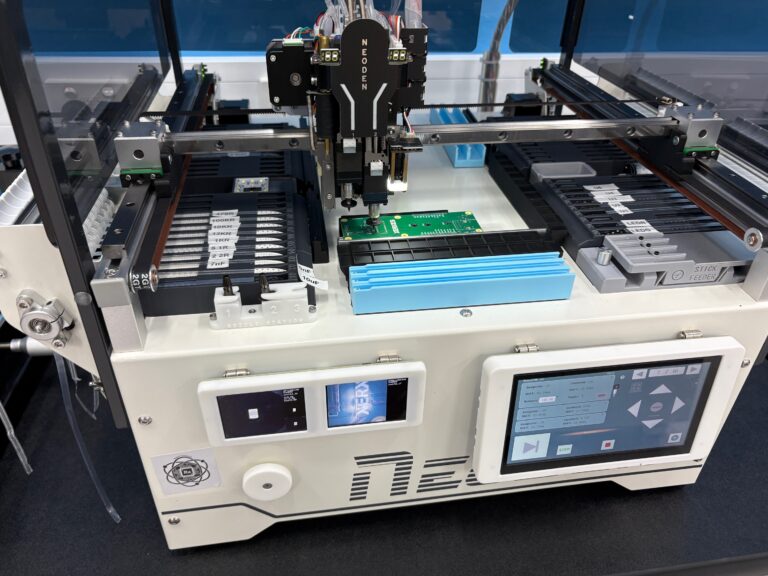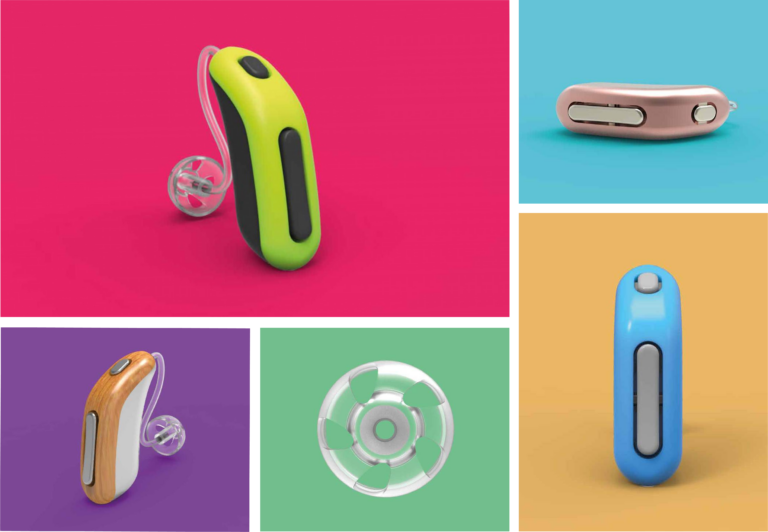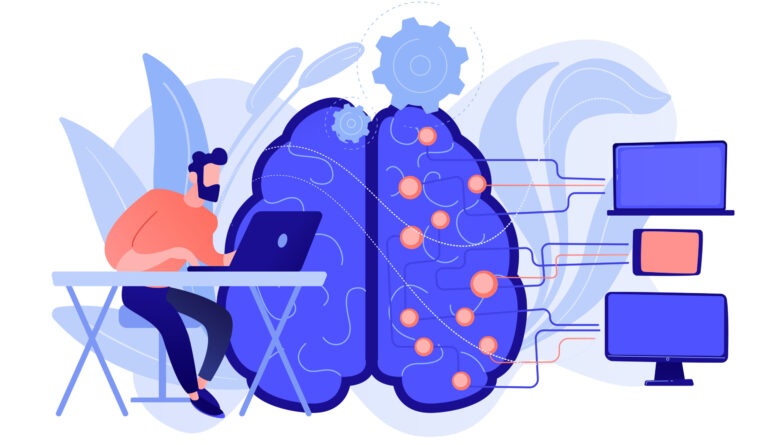We develop in our own Edge Development environment using RapidAnalysis hardware and cloud software to provide AI and API Services. RapidAnalysis PTY LTD is an Australian small computer manufacturer that produces the Darius and Xerxes Pi boards, using Intel and Broadcom ARM chips to run powerful AI driven devices on the edge.
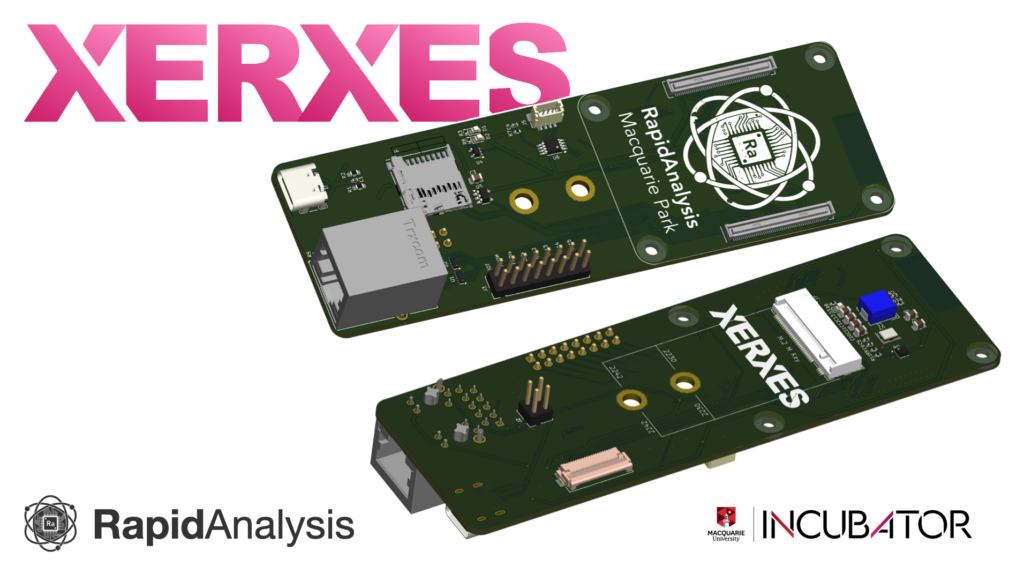
Please see more about RapidAnalysis here: https://RapidAnalysis.com.
We partner with RapidAnalysis to provide Electrical Engineering design and development services specialising in machine learning and FPGA devices. In our latest collaboration, efforts focused on integrating edge computing capabilities into compact prototype boards using Google Coral ML accelerator chips and Lattice iCE40 FPGAs. The Google Coral Edge TPU is employed to enable real-time inference of convolutional neural networks directly on-device, significantly reducing latency and bandwidth requirements in applications such as image recognition, anomaly detection, and embedded diagnostics. The Edge TPU is interfaced with ARM-based microcontrollers via USB or PCIe, allowing seamless deployment of TensorFlow Lite models. Complementing this, the Lattice iCE40 FPGA provides flexible, ultra-low-power hardware acceleration for custom digital signal processing, sensor fusion, and interface logic, all within a minimal footprint suitable for space-constrained environments.
Using open-source toolchains like Yosys and Project IceStorm, we rapidly iterate FPGA logic blocks tailored to application-specific timing and throughput demands. This dual-chip architecture enables our prototype platforms to execute both high-level AI inference and deterministic real-time control, making them ideal for smart sensor modules, robotics subsystems, and portable diagnostic tools in industrial and biomedical domains. Below left and right illustrates our in house integration of Google Coral modules into on-site manufactured FPGA prototype boards.
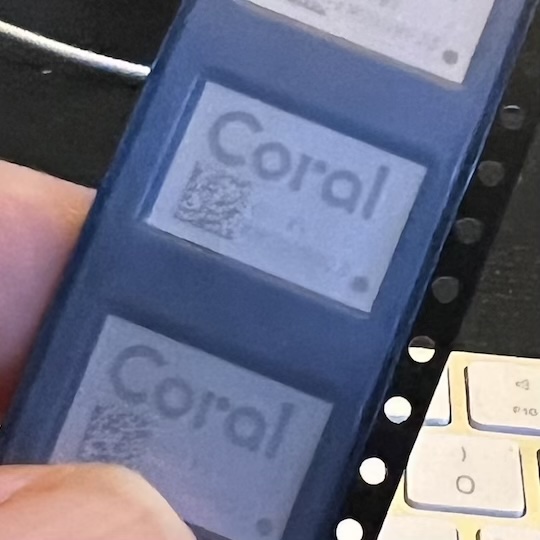
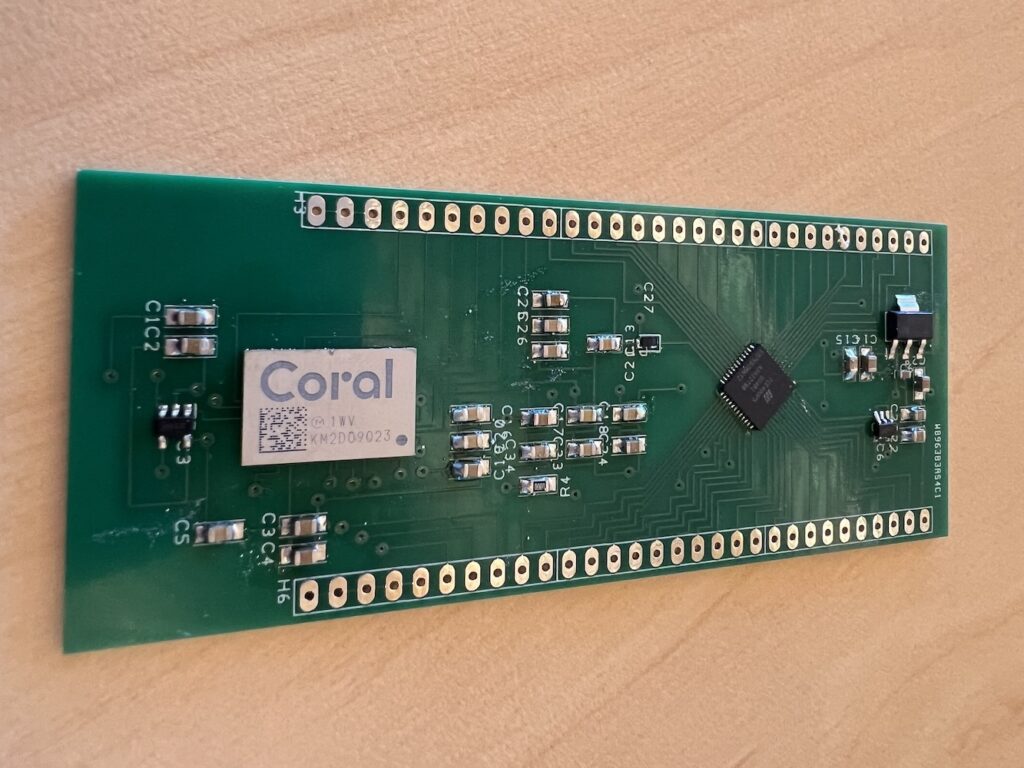
Another recent collaboration with RapidAnalysis involves the development of application-specific single board computers (SBCs) utilising both Intel Celeron processors and Raspberry Pi Compute Modules to address diverse performance and integration requirements across industrial and embedded systems. The Intel Celeron-based SBCs are designed for high-throughput workloads such as real-time data analytics, GUI-intensive applications, and edge-based machine learning inference, leveraging x86 compatibility for broad software support and interfacing with high-speed peripherals via PCIe and SATA. In parallel, we develop ultra-compact, energy-efficient SBCs using Raspberry Pi Compute Module 4 (CM4 & CM5), optimised for lightweight edge computing tasks, sensor integration, and low-power deployments. These boards feature customisable I/O configurations, including SD, USB, and M.2, tailored through a modular carrier board architecture. Our design process includes rapid prototyping via KiCAD and SMT assembly, enabling quick iterations and field testing.
This dual-platform strategy allows RapidAnalysis to deploy scalable, application-matched computing solutions across smart diagnostics, remote monitoring, and real-time control systems. Below left and right demonstrates the two manufactured prototypes for Intel and Raspberry Pi based boards.
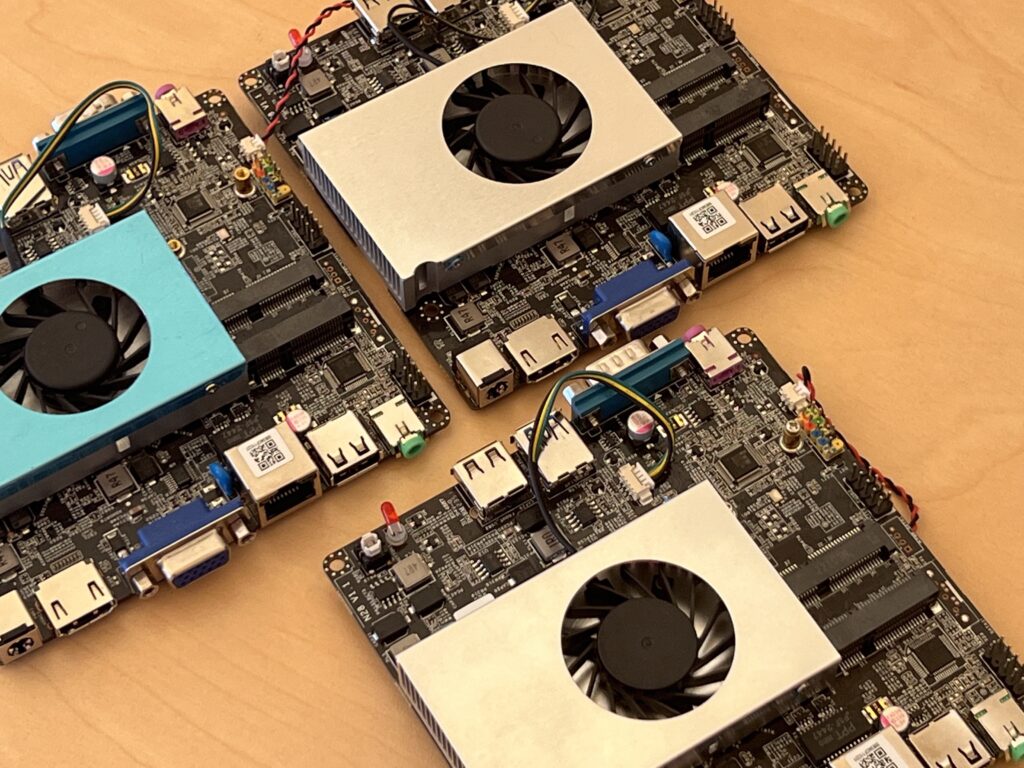
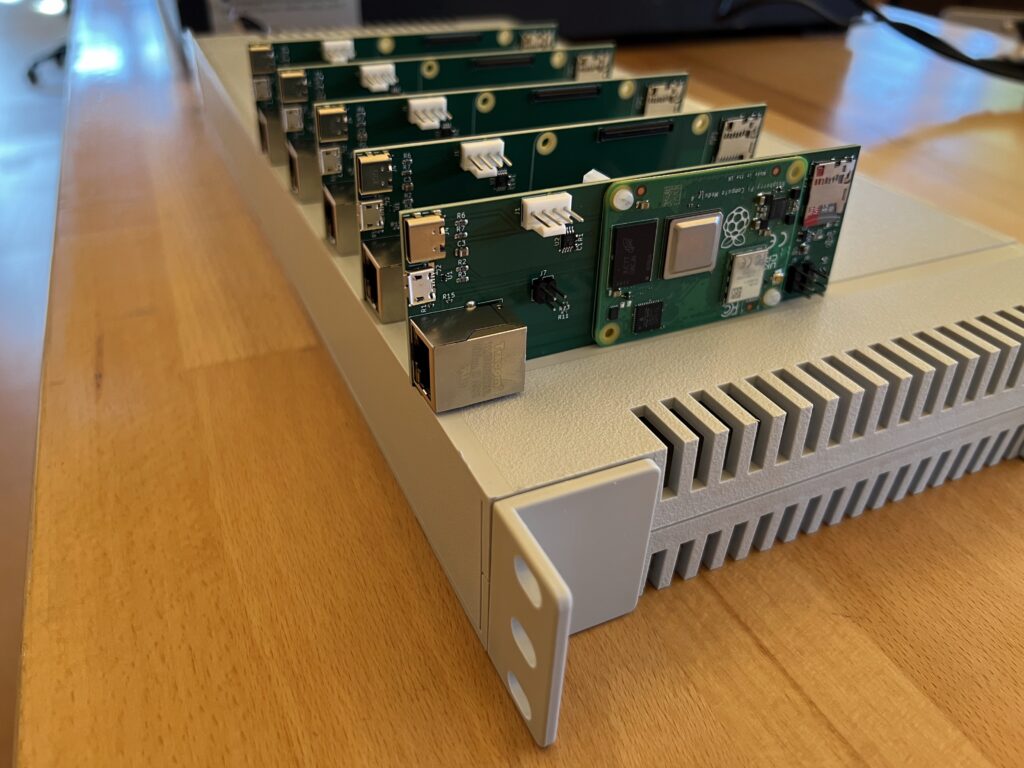
The boards described above use precision 3D-printed rack mounts and enclosures specifically engineered for our custom single board computers (SBCs) based on Intel Celeron and Raspberry Pi Compute Module platforms. These enclosures are designed using parametric CAD modeling to accommodate varied thermal profiles, port layouts, and airflow requirements across both x86 and ARM architectures. Utilising industrial-grade FDM and SLA 3D printing with materials such as PETG, ABS, and carbon fiber-reinforced nylon, we produce durable, heat-resistant enclosures suitable for field and lab environments.

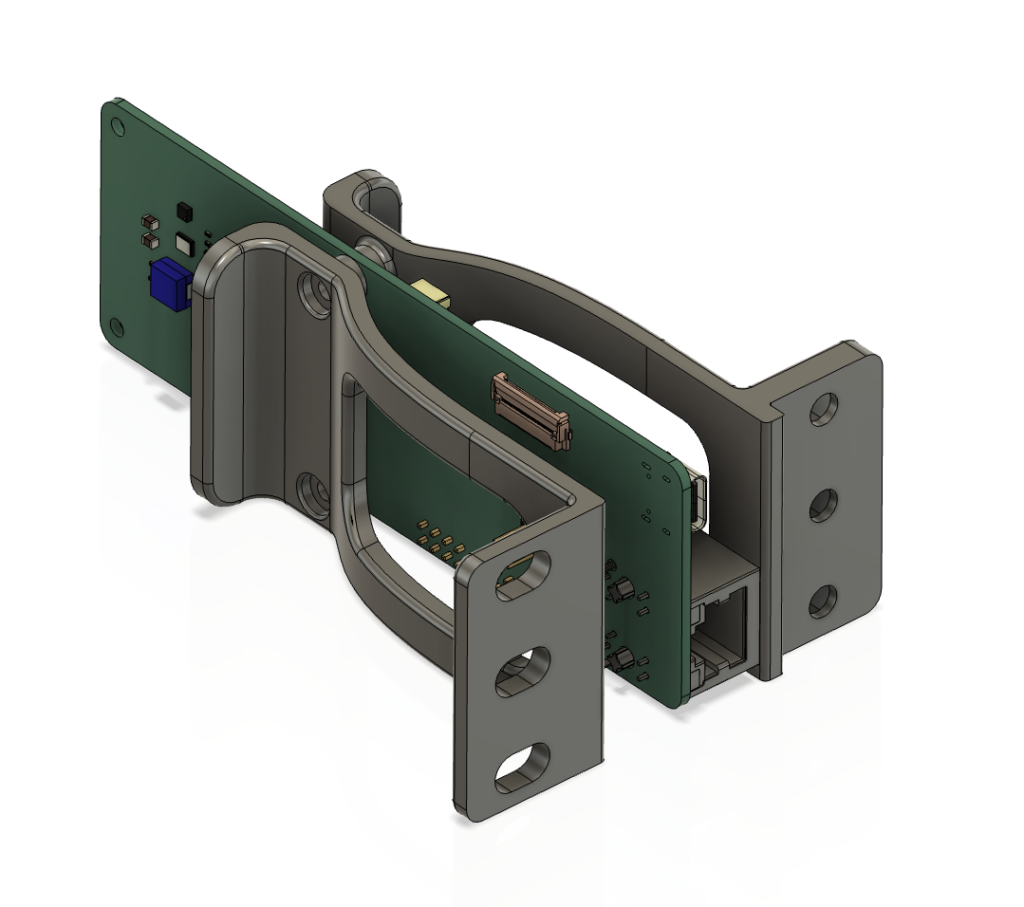
For rack-mounted deployments, we design modular 1U and 2U form-factor frames with integrated cable management and vibration isolation features, allowing dense SBC clustering in edge data centres or diagnostic test rigs. Snap-fit mechanisms, threaded brass inserts, and venting geometries are incorporated to ensure ease of assembly, maintain serviceability, and support passive or active cooling. This rapid, in-house fabrication pipeline enables quick iteration, low-volume production, and tailored deployment solutions—key to RapidAnalysis’s agile hardware development model for real-time computing applications.
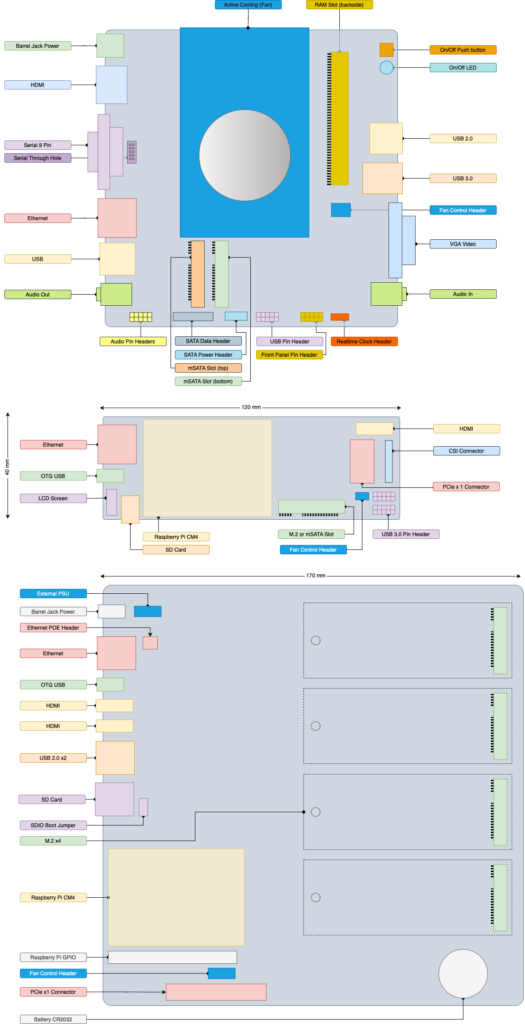

The development of schematics and technical drawings focuses on creating precise and efficient documentation for our diverse range of embedded systems, from custom single board computers to advanced sensor modules.
Utilising tools like Altium Designer and KiCAD, we design detailed circuit schematics that ensure optimal component selection, signal integrity, and power distribution across the system. For complex designs, we implement hierarchical schematics to improve readability and maintainability, while adhering to industry standards for electromagnetic compatibility (EMC) and safety regulations. In parallel, we produce comprehensive technical drawings that include dimensioned layouts, PCB footprints, and assembly instructions, which are critical for both manufacturing and quality control processes.
These drawings also incorporate BOMs (Bill of Materials) and design validation notes, ensuring seamless integration with RapidAnalysis’s production and testing workflows. By leveraging parametric design principles, we ensure that our systems are scalable, adaptable, and ready for rapid prototyping and field deployment, enabling the swift development of high-performance solutions across industries such as IoT, industrial automation, and medical diagnostics.

Mobile Development
Android Development:
- Android is an open-source platform developed by Google.
- It uses Java or Kotlin as the primary programming languages for app development.
- Android provides a rich set of APIs and tools for developers to create applications.
- The Android development environment includes Android Studio, an integrated development environment (IDE).
- Android apps are distributed through the Google Play Store.
- Android offers a high level of customisation and allows developers to create a wide range of apps for various devices.
iOS Development:
- iOS is a closed-source platform developed by Apple exclusively for Apple devices.
- It uses Objective-C or Swift as the primary programming languages for app development.
- iOS provides a comprehensive set of frameworks and tools for developers.
- The iOS development environment includes X Code, an IDE specifically designed for iOS app development.
- iOS apps are distributed through the Apple App Store.
- iOS offers a more controlled environment and adheres to strict guidelines for app development.
- Apple devices have a loyal user base and offer a consistent user experience across devices.
In summary, Android development is open-source and offers more flexibility, while iOS development is closed-source and provides a more controlled environment with a focus on user experience.
Are you in need of top-notch mobile app development services tailored specifically for Google Android and Apple iOS platforms? Look no further! Our small yet dynamic studio consists of a tight-knit team of four exceptional engineers who excel in crafting cutting-edge applications for Android and iOS devices.
Here’s why we stand out from the competition:
- Unparalleled Expertise: Our engineers possess extensive knowledge and hands-on experience in Android and iOS development. They are well-versed in the latest technologies, frameworks, and programming languages like Java, Kotlin, Objective-C, and Swift. With their expertise, they can transform your app ideas into reality while adhering to industry best practices.
- Customised Solutions: We understand that every client has unique requirements. Our team excels in delivering tailor-made solutions that align with your specific business needs and target audience. Whether you need a feature-rich Android app or an intuitive iOS application, we have the skills to create a seamless user experience that sets your app apart.
- Collaborative Approach: We believe in the power of collaboration. Our studio’s small size allows us to foster strong partnerships with our clients. We prioritise effective communication, actively involving you throughout the development process. Your input and feedback are invaluable, enabling us to refine and enhance your app until it exceeds your expectations.
- Attention to Detail: Quality is our utmost priority. Our meticulous engineers pay attention to every detail, ensuring that your app not only looks stunning but also functions flawlessly. We conduct rigorous testing and debugging to guarantee optimal performance, stability, and security.
- Timely Delivery: We understand the importance of time in today’s fast-paced world. Our team is committed to delivering projects within agreed-upon timelines, without compromising on quality. You can trust us to meet your deadlines and launch your app to market on schedule.
- Cost-Effective Solutions: Being a small studio, we offer competitive rates without compromising the quality of our work. We strive to provide cost-effective solutions that offer exceptional value for your investment.
Don’t miss out on the opportunity to partner with our small studio of expert engineers. We are passionate about transforming your app concepts into stunning realities for Android and iOS platforms. Contact us today, and let’s embark on a journey to create exceptional mobile experiences together!
